Blog
Exploring the Benefits of Wood Doors for Sustainable Home Design Choices
In an era where sustainable living is increasingly prioritized, homeowners are seeking materials that not only enhance aesthetic appeal but also support environmental responsibility. Wood doors stand out as an exceptional choice in sustainable home design, combining natural beauty with durability and efficiency. With their ability to seamlessly integrate into various architectural styles, wood doors provide a warm and inviting entrance that reflects the homeowner's commitment to sustainability.
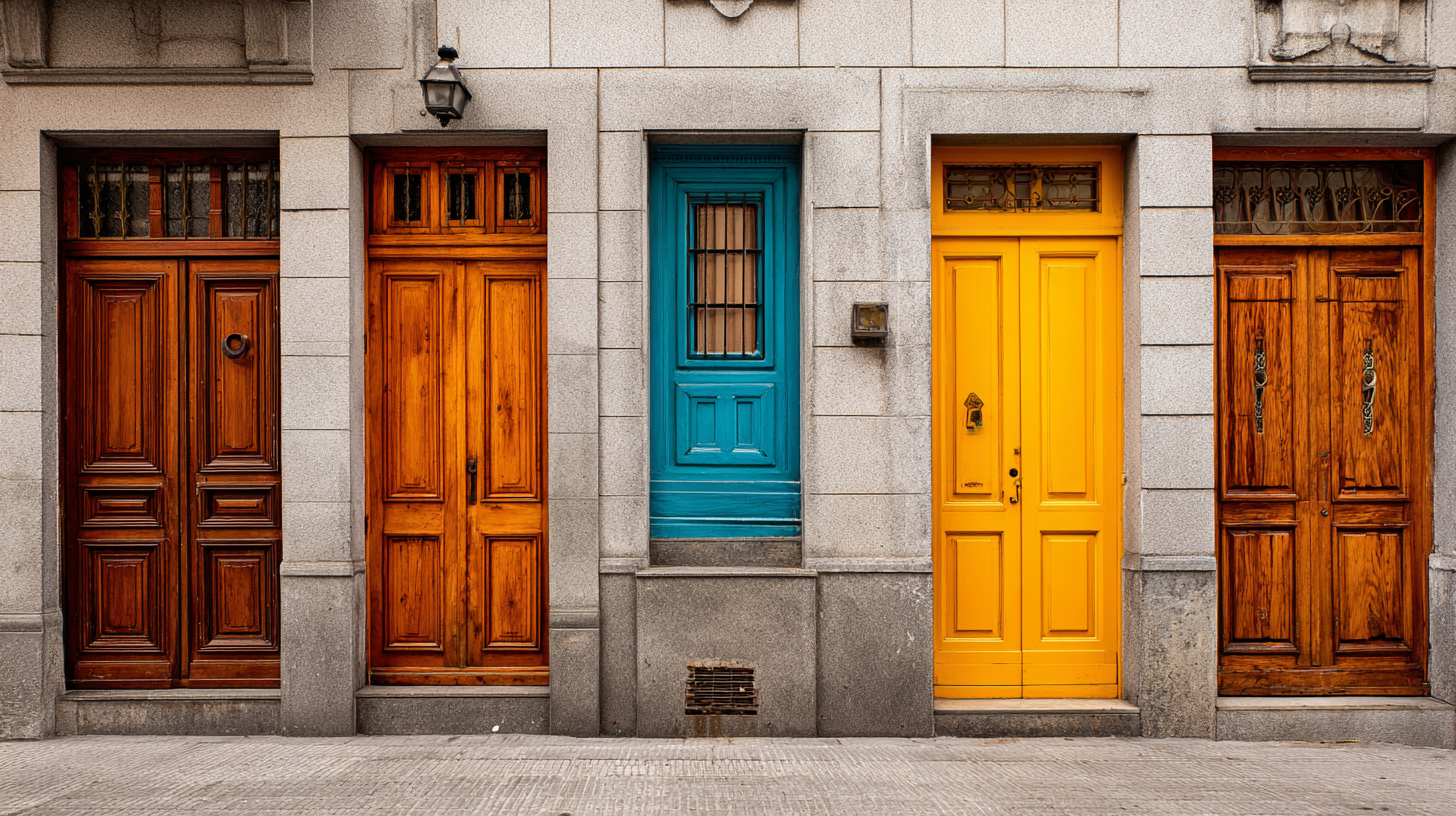
This article explores the benefits of wood doors, emphasizing their role in eco-friendly design. From their renewable nature to the energy efficiency they offer, wood doors contribute significantly to reducing a building's carbon footprint. Additionally, the versatility of wood allows for a wide range of design options, making it easy for homeowners to select styles that perfectly match their vision.
As we delve into the top 10 advantages of incorporating wood doors into modern homes, we highlight how this material not only elevates the aesthetic of any space but also promotes a more sustainable future.
The Eco-Friendly Appeal of Wood Doors in Home Design
Wood doors have gained popularity in sustainable home design, thanks to their eco-friendly appeal and renewable nature. As homeowners increasingly seek to reduce their carbon footprint, wood doors stand out as a viable option. They not only enhance the aesthetic of a home with their natural beauty but also contribute to improved energy efficiency. Properly insulated wooden doors can help maintain a comfortable indoor climate, reducing the need for heating and cooling systems.
**Tips for Choosing Wood Doors:**
When selecting wood doors, opt for products made from sustainably harvested or reclaimed wood. Look for certifications such as the Forest Stewardship Council (FSC) label, which ensures environmentally responsible sourcing. Additionally, consider doors with high energy-efficiency ratings, as they provide better insulation and further support sustainable practices. Regular maintenance is also crucial; applying a natural finish can enhance durability while minimizing harmful chemical emissions.
Incorporating wood doors into your home design not only promotes sustainability but also allows for a variety of design possibilities. From contemporary styles to traditional craftsmanship, wood doors can be customized to reflect personal taste while aligning with eco-conscious living.
Benefits of Wood Doors in Sustainable Home Design
Durability and Longevity: Wood Doors as Sustainable Investment
Wood doors are increasingly recognized as a sustainable investment in home design, primarily due to their durability and longevity. According to a report by the U.S. Forest Service, properly maintained wood products can last over 100 years, making them a prime choice for homeowners seeking longevity. In contrast, composite or synthetic doors may require replacement every 10-20 years, leading to more waste and a larger carbon footprint. Furthermore, wood doors are not only aesthetically pleasing but also provide excellent insulation, which can significantly reduce energy costs. A study by the Department of Energy indicates that well-insulated doors can cut energy bills by up to 15%.
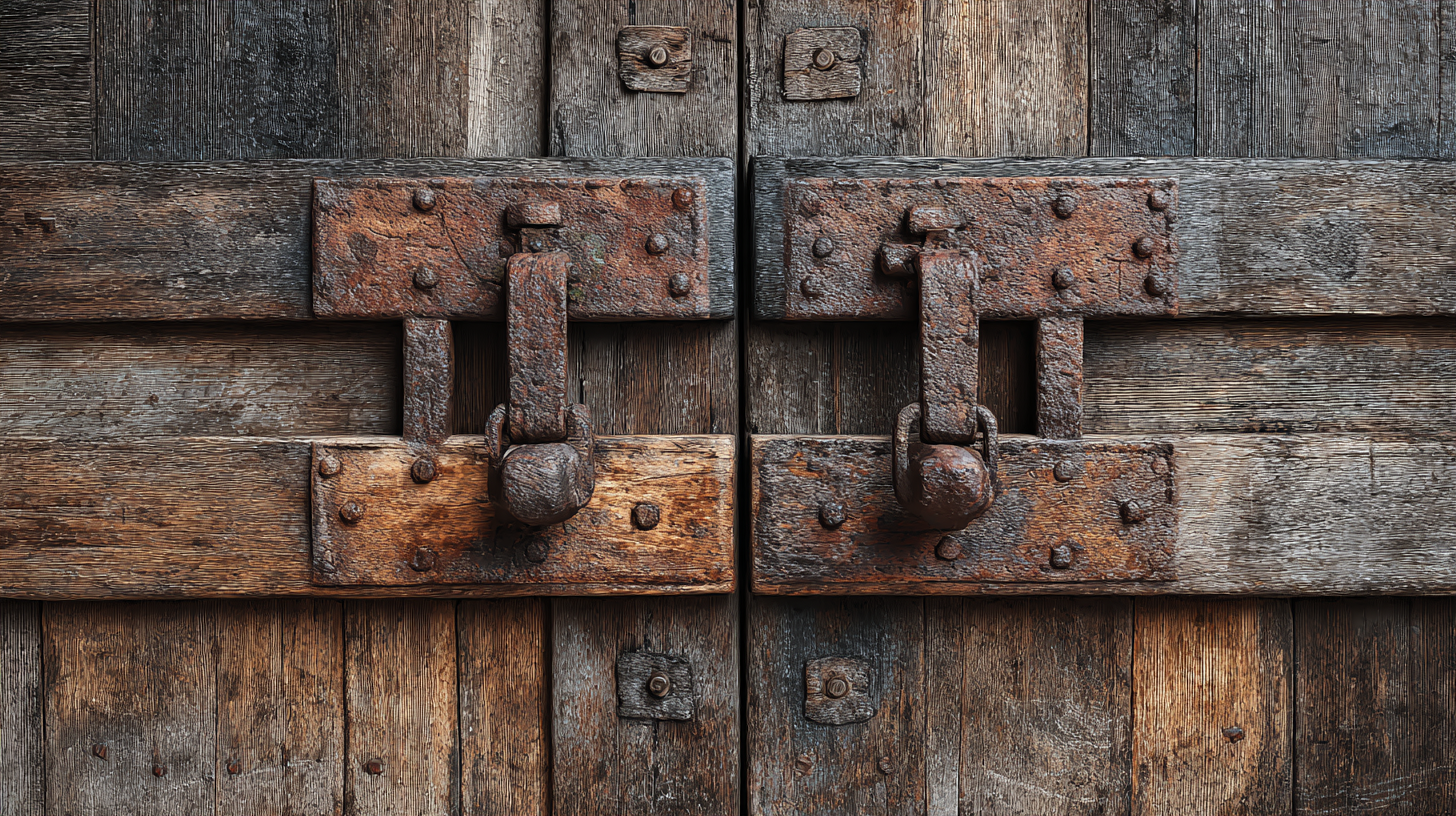
Tips: When selecting wood doors, opt for those made from sustainably harvested timber, such as FSC-certified options. This ensures responsible sourcing that supports forest conservation. Additionally, regular maintenance—like sealing and refinishing—can enhance the door’s lifespan and maintain its beauty, ensuring it remains an asset over time.
Investing in wood doors not only reflects a commitment to sustainability but also adds value to your home. The National Association of Realtors reports that homes with quality wood doors have higher resale value, reflecting buyers’ preferences for durable, eco-friendly materials. By choosing wood doors, homeowners make a wise financial decision while contributing to sustainable living practices.
Aesthetic Versatility: Enhancing Home Elegance with Wood
Wood doors are not only functional but also a key element in enhancing the aesthetic appeal of your home. Their natural grains and warm hues offer a timeless elegance that can complement various architectural styles, from rustic cottages to modern abodes. The versatility of wood allows homeowners to select finishes that match or contrast beautifully with other materials, creating a harmonious balance in interior and exterior design.
Tips: When choosing wood doors, consider a species that suits your climate and maintenance preferences. Oak offers durability, while cedar is naturally resistant to decay—both are excellent choices. Mixing different wood types can add depth and character, allowing creative expression in your home’s design.
Incorporating wood doors can significantly elevate the overall ambiance of your living space. They can serve as stunning focal points, especially when adorned with decorative glass panels or unique hardware. This enhances not just the beauty of your home but also its value, making wood doors a smart investment for sustainable and stylish living.
Tips: To maintain the beauty of your wood doors, regularly check for signs of wear and reapply finishes as needed. Choosing eco-friendly stains and finishes can further contribute to the sustainability of your home while preserving the natural beauty of the wood.
Energy Efficiency: How Wood Doors Contribute to Eco-Friendly Homes
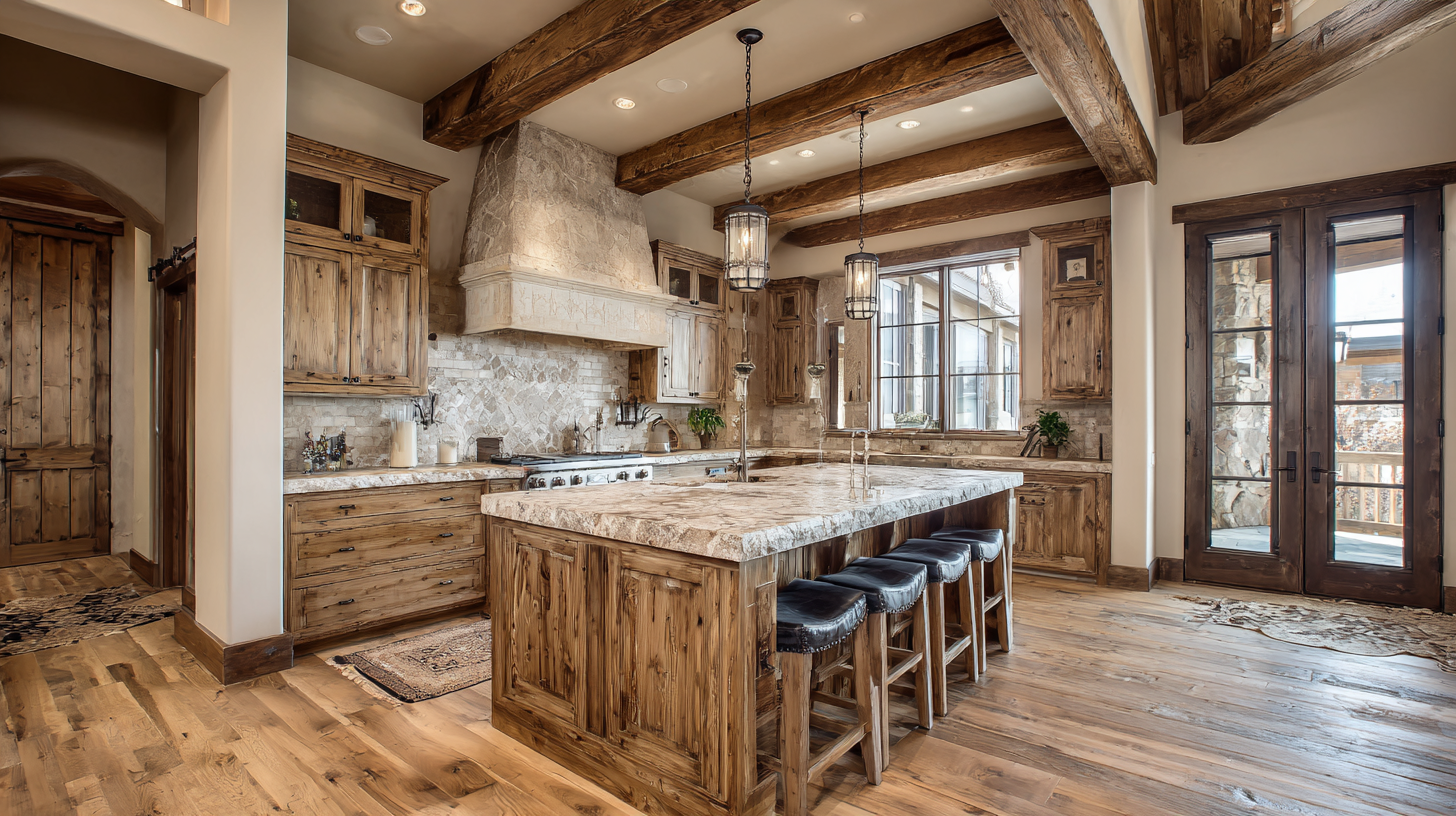 Wood doors play a pivotal role in enhancing energy efficiency within eco-friendly home designs. According to the U.S. Department of Energy, over 30% of a home's heating and cooling energy is lost through doors and windows. Choosing high-quality wood doors can significantly mitigate this energy loss. Timber naturally possesses insulating properties, with a thermal resistance value (R-value) that can outperform several metal and plastic alternatives. This natural insulation minimizes the need for artificial heating and cooling, thereby reducing energy consumption and lowering utility bills.
Wood doors play a pivotal role in enhancing energy efficiency within eco-friendly home designs. According to the U.S. Department of Energy, over 30% of a home's heating and cooling energy is lost through doors and windows. Choosing high-quality wood doors can significantly mitigate this energy loss. Timber naturally possesses insulating properties, with a thermal resistance value (R-value) that can outperform several metal and plastic alternatives. This natural insulation minimizes the need for artificial heating and cooling, thereby reducing energy consumption and lowering utility bills.
In addition to their inherent insulation capabilities, wood doors can contribute to sustainable building practices. The Forest Stewardship Council (FSC) reports that responsibly sourced wood products help maintain forest ecosystems while providing the structural benefits needed in modern homes. Wood doors made from sustainably harvested materials not only reduce environmental impact but also enhance air quality with their low-VOC finishes. A study by the National Association of Home Builders found that homeowners are increasingly inclined to invest in environmentally friendly options, asserting that the demand for wood doors in green building projects is expected to rise by 20% over the next five years. By incorporating wood doors, homeowners can realize both aesthetic appeal and energy-saving advantages that align with sustainable living goals.
The Carbon Footprint Reduction: Wood Doors in Sustainable Practices
Wood doors are gaining recognition as a sustainable choice in home design, particularly for their significant role in reducing carbon footprints. As a renewable resource, wood naturally absorbs carbon dioxide from the atmosphere during the growth of trees, helping to mitigate greenhouse gases. By choosing wood doors, homeowners not only enhance aesthetic appeal but also contribute to eco-friendly practices, as these doors require considerably less energy to produce compared to their metal or plastic counterparts.
**Tips for Choosing Wood Doors:**
- Opt for certified sustainable wood, such as those labeled by the Forest Stewardship Council (FSC), to ensure responsible sourcing.
- Consider the insulation properties of wood; quality wood doors provide excellent thermal performance, reducing heating and cooling costs while further lowering energy consumption.
- Maintain wood doors with non-toxic finishes and paints to minimize potential environmental impact while preserving aesthetics.
Incorporating wood doors into a home design supports both style and sustainability. Their manufacturing process typically has a lower environmental impact, making them a preferred choice among eco-conscious builders and homeowners. Thus, investing in wood doors not only beautifies living spaces but also plays a crucial part in sustainable home practices.
Exploring the Benefits of Wood Doors for Sustainable Home Design Choices
| Feature | Description | Environmental Impact | Durability |
|---|---|---|---|
| Sustainability | Wood doors are made from renewable resources, promoting responsible forestry practices. | Reduces carbon footprint by utilizing materials that sequester carbon. | High-quality wood doors can last for decades with proper maintenance. |
| Insulation | Wood has natural insulating properties, which helps in energy efficiency. | Lower energy consumption leads to reduced greenhouse gas emissions. | Wood doors can withstand temperature fluctuations better than some materials. |
| Aesthetic Appeal | Wood doors provide a warm and natural look, enhancing the beauty of a home. | Natural finishes can have lower environmental impacts compared to synthetic alternatives. | Withstands wear and tear effectively when treated and maintained. |
| Maintenance | Requires periodic upkeep like sealing and painting to maintain appearance. | Less frequent replacements compared to synthetic doors, reducing waste. | Can be restored or refinished, prolonging their life cycle. |
Related Posts
-

Forecasting the Home Doors Market Growth at the 138th Canton Fair 2025 with Industry Insights
-
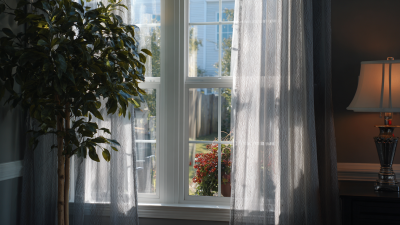
How to Choose the Right Window and Door Solutions for Energy Efficiency and Aesthetic Appeal
-

2023's Top 5 Energy-Efficient Exterior Doors: Save on Bills While Enhancing Curb Appeal
-

Unlocking Trade Opportunities: Bath Windows at the 138th Canton Fair 2025
-
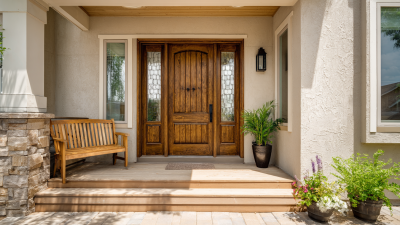
Enhance Your Home's Curb Appeal: The Ultimate Guide to Exterior Doors and Windows
-

Driving Innovation in Top Windows Industry at the 138th China Import and Export Fair 2025
*$250 Off/Window $500 Off/Door. Minimum of 4 Windows. Max savings not to exceed $2,500. Must present coupon at time of estimate. Some restrictions apply. Cannot be combined with any other offers. Call or see the website for details. www.mpwindowsanddoors.com. Offer Expires 9/30/25. CSLB# 778326. 100% Employee Owned.
Contractor's License CSLB #778326.
© 2000 - 2025 American Vision Windows

